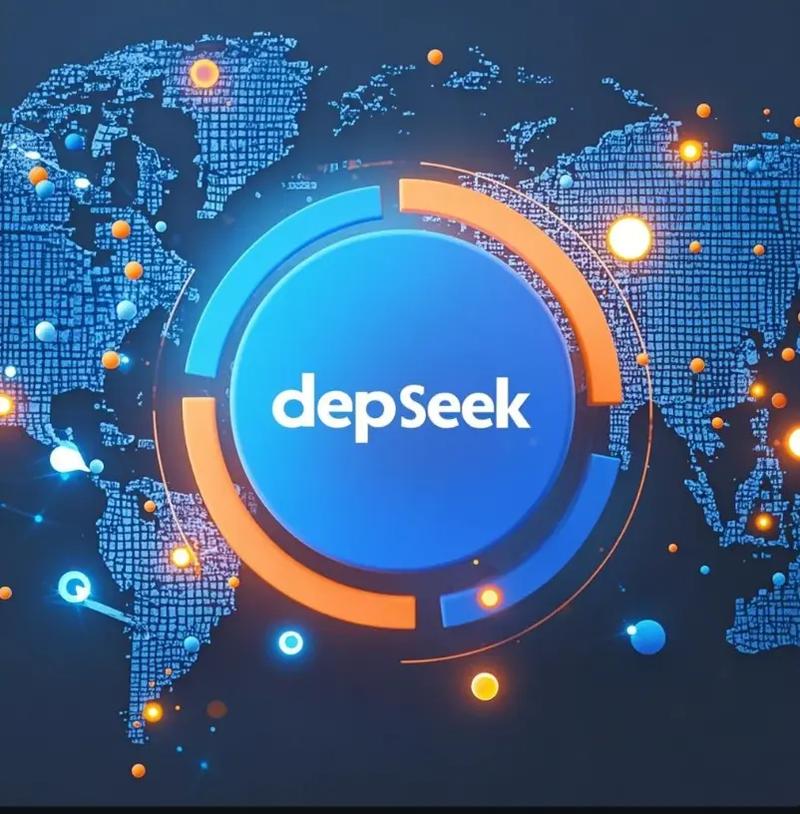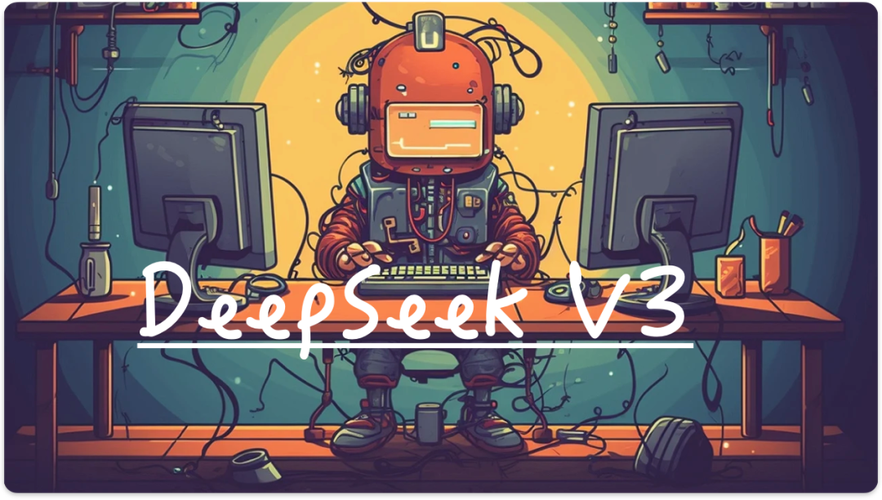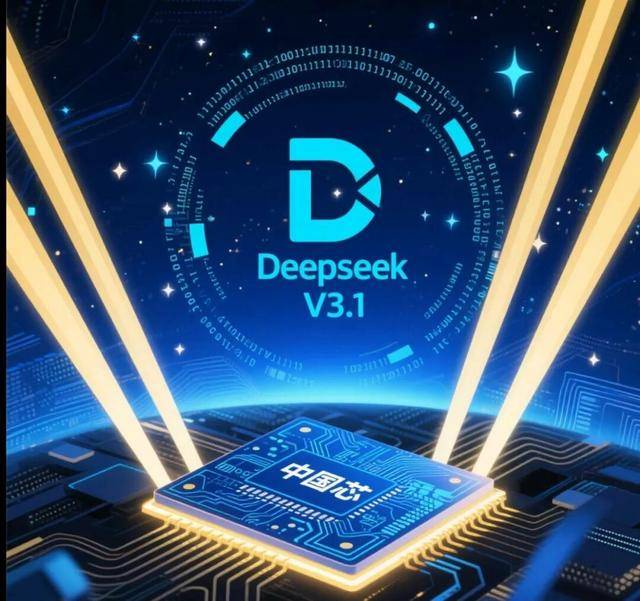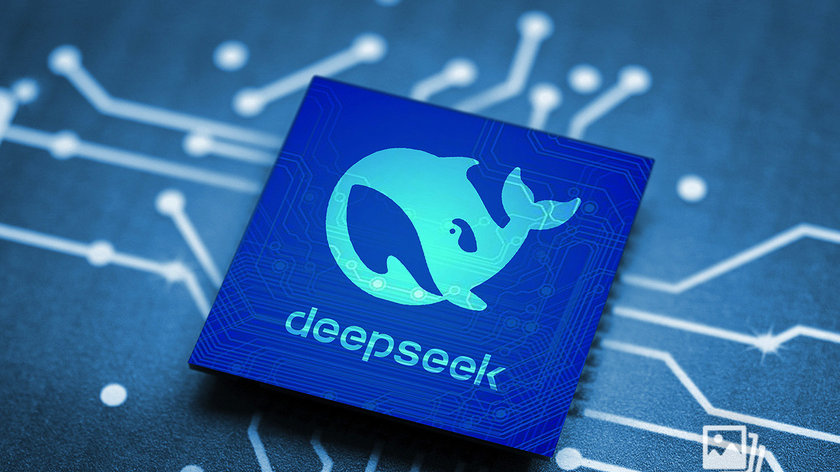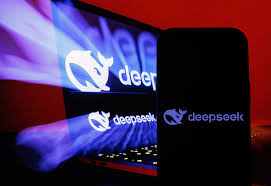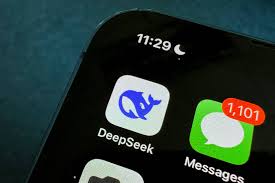Is DeepSeek Safe? Here’s What Not To Share with the Chinese AI
In early 2025, DeepSeek—an AI chatbot and LLM from China’s DeepSeek AI—rocked the global AI scene. As it rose in popularity, however, mounting concerns about privacy, security, censorship, and ethical use emerged. This guide breaks down everything you need to know before using DeepSeek—especially what not to share.
1. Introduction: The DeepSeek Boom and Backlash
DeepSeek launched its flagship models in January 2025—R1 for reasoning and V3 for conversation—and quickly became one of the most downloaded AI apps. Yet this rise has been shadowed by bans and warnings from governments across Europe, North America, and Asia due to significant concerns .
From a surge in installs to legal scrutiny, DeepSeek now stands as a cautionary tale: innovation can come at the cost of trust.
2. What Is DeepSeek and Why It Gained Traction
DeepSeek is developed by Hangzhou DeepSeek AI, founded in mid-2023 and backed by High-Flyer Capital . It claims highly efficient training—and with open-source released weights under the MIT license, developers worldwide tested its potential for free .
Its popularity is driven by:
Strong performance, matching top-tier LLMs
Low cost of training and inference
Free core features, like local hosting options
But beneath its strengths lay significant privacy and trust issues.
3. Global Bans and National Security Concerns
In 2025, DeepSeek began encountering resistance:
Italy, France, Germany, the Netherlands, Luxembourg, and Portugal raised GDPR violations
Czech Republic banned its use across government services
Australia considered banning it on public devices
The US Navy and Pentagon warned against the app over "national security concerns"
This rapid backlash flags red for anyone considering DeepSeek for sensitive or regulated tasks.
4. Privacy and Data Export Risks
🌐 Centralized Servers in China
DeepSeek stores all user data—login emails, chat logs, device info, IPs—on servers in China . This triggers compliance issues with GDPR, CCPA, and other privacy regimes, as that data may be subject to Chinese surveillance or law enforcement requests .
🔓 Weak Encryption & Data Leak History
Security researcher findings highlight:
App transfer of unencrypted data using hard-coded keys
A cloud misconfiguration leak that exposed chat logs, API keys, and metadata
These are red flags for corporate or personal use.
5. Legal Scope & Regulatory Scrutiny
DeepSeek’s privacy policy is broad. It:
Collects personal data including medical info, though advises careful avoidance
Shares data with “service providers” and Chinese affiliates
Processes data for product improvement with no opt-out
Regulators in Italy, South Korea, UK, Taiwan, Australia, and Canada have acted against it . Germany's DPA specifically cites violations related to data export to China .
6. Security Vulnerabilities and Prompt Manipulation
🧠 Jailbreak & Prompt Injection Susceptibility
DeepSeek-R1 and V3 are vulnerable to prompt injection and jailbreaking—far more so than other major models . Studies show:
Cisco-Safe benchmarks uncovered DeepSeek quickly yields disallowed instructions
R1 ranked 17th out of 19 in hack vulnerability
Chinese-specific safety tests found 100% attack success for harmful prompts
This is a major concern, especially in professional settings.
7. Political Censorship & Propaganda Risk
DeepSeek’s API appears to incorporate censorship controls aligned with Chinese content policy . Researchers found:
Queries on Tiananmen or Taiwan are blocked or diverted
Internal reasoning might acknowledge censored topics, but outputs suppress them
If you're researching geopolitics, human rights, or any critical content—DeepSeek is unreliable.
8. Corporate & Enterprise Risks: Shadow AI & IP Exposure
Shadow AI—employees using unsanctioned tools—poses serious enterprise risks . DeepSeek use could:
Breach employee contracts or regulations
Expose IP or trade secrets to Chinese servers
Contravene client or government compliance agreements
Security teams must monitor unauthorized usage, as DeepSeek may expose sensitive proprietary information via unencrypted channels.
9. International Espionage and Geopolitical Concerns
U.S. public figures have warned DeepSeek could be used for surveillance or influence operations, similar to how TikTok was viewed .
OpenAI has even implemented enhanced internal biosecurity following "foreign spying threats" tied to Chinese AI competitors .
And a U.S. investigation is probing whether DeepSeek used restricted Nvidia GPUs sent via Singapore–Malaysia .
For industries handling sensitive data, these risks are existential.
10. What You Should Not Share with DeepSeek
Avoid inputting any of the following into DeepSeek’s hosted version:
Personal or financial info: Social security, bank data, medical records
Company secrets: Codebases, legal contracts, strategic plans
Geopolitical/political viewpoints: Because of censorship and possible propaganda bias
Client data: Especially EU or US citizens due to GDPR/CCPA
Sensitive IP: Algorithms, designs, patented concepts
If you still need to test these, host a local open-source model without data being sent to China.
11. What You Can Do Safely with DeepSeek
Non-sensitive tasks: Joke generation, trivia, brainstorming
Open datasets: Public domain text, code snippets, research summaries
Local deployments: Use unleashed weights on your own servers
Model evaluation: Generating dataset augmentations without revealing PII
But always treat online usage as “untrusted sandbox”: validate carefully.
12. Safer Alternatives and Mitigations
Run. locally: DeepSeek R1/V3 weights are open-source and can be used offline
Use privacy-first APIs: OpenRouter or local llama.cpp instances
Use Western models: OpenAI, Claude, Gemini—while monitoring their own security
Enterprise-safe deployment: AWS, Anthropic, Azure with privacy controls
Shadow AI protection: Tools from IT to detect deprecated API usage
13. Takeaways: Risk vs. Reward of DeepSeek
✅ Performance: Comparable to GPT-4, unmatched for cost
⚠️ Privacy: Doesn’t meet Western standards
⚠️ Security: Vulnerable to adversarial exploitation
⚠️ Censorship: Biased on policy-driven content
❌ Enterprise compliance: Likely breaches GDPR, CCPA, corporate policy
The bottom line: DeepSeek packs power—but is not safe for any regulated or sensitive use unless self-hosted.
14. Action Plan for Users & Organizations
For Individuals:
Avoid sending personal health/financial info
Use online sessions as ephemeral experiments
Transition to locally hosted weights
For Enterprises:
Block DeepSeek domains at the network level
Update AI governance to flag shadow AI use
Migrate workflows to safer providers with compliance guarantees
For Developers:
Offer clear proxy endpoints or hosted open-source LLMs
Embed usage layers to prevent sending sensitive prompts
Monitor policy updates in key jurisdictions
15. Final Thoughts: Innovation with Oversight
DeepSeek’s rapid ascent highlights the promise of open-source AI—but also its potential perils when privacy, governance, and national security are ignored. The model’s performance is impressive—but trust isn’t included by default.
Innovation isn’t optional—but it must be responsible. As AI becomes pervasive, choosing the right model is a matter of trust, not just tech capability. DeepSeek can be part of your toolkit—but only within a framework where privacy and security are non-negotiable.

